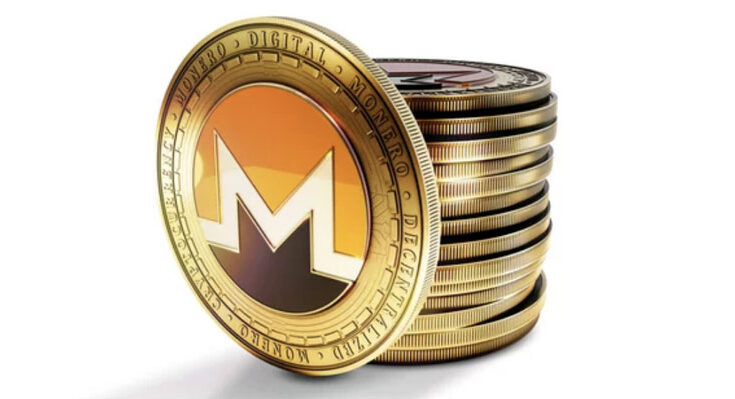Every digital move we make tends to leave a mark. Whether it’s buying coffee, streaming music, or just opening an app, someone somewhere is logging it. Monero’s growing user base seems to reflect something more than just curiosity, and the steady search traffic for XMR to USD feels like part of a broader shift. People are starting to question how much of their lives should be visible online, and to whom.
These days, digital tools make things fast and simple. But that same ease has a catch. Every time you tap to pay or buy something online, someone else might be watching. It could be a tech firm, a government agency, or a platform you forgot you signed up for. That tradeoff between convenience and exposure is what a lot of people are beginning to notice.
A Digital Life Without Shadows
Most mainstream financial tools leave a permanent footprint. Purchases, transfers, and even the time and location of a transaction are logged and often stored for years. For some people, that’s no big deal. But for others, it feels like way too much exposure.
Privacy advocates argue that financial privacy is just as important as the ability to speak freely or move without restriction. The right to spend money without being watched is, in their view, part of a healthy digital society. Monero’s model, which doesn’t make transaction data publicly visible, taps directly into that concern.
People are waking up to just how much of their activity is being logged. And they’re starting to ask questions. Why should a coffee shop know your spending history? Why does buying a book online add you to a marketing list? Why should every transaction be tied to a name and number?
Monero doesn’t offer total invisibility, but it gives more privacy than most alternatives. That alone has sparked a shift in how people approach digital finance. Not because they’ve got something to hide, but because they want something to protect.
Trust in Institutions is Eroding
There was a time when adding your info online felt harmless. We all saved cards, clicked “I agree,” and moved on. But things changed. Between news stories about data leaks and fine print no one reads, people have started paying more attention. More folks are asking themselves if handing over their details is still worth it.
Monero seems to be picking up users who don’t exactly trust where things are headed. As rules tighten and platforms dig deeper into personal data, a shift is happening. People aren’t just looking for another way to move money. They want more say in how much of themselves is visible online.
Privacy Isn’t Just for the Paranoid
One of the biggest misconceptions about privacy tools is that they’re only used by people doing something shady, but that’s not what the data shows. In fact, a growing number of Monero users are just regular people who want the option to keep their financial life to themselves.
Think about how much of your identity is tied to digital behavior. Where you live, what you buy, how often you travel, and what causes you support. All of these things can be inferred from payment patterns. When you remove that layer of visibility, you take back a bit of control.
This doesn’t mean people are retreating from the system. Most still use banks, credit cards, and apps. But they’re also carving out private spaces where they don’t have to worry about who’s watching. It’s not about isolation, it’s more about balance.
The Bigger Picture: Autonomy in a Tracked World
The more time we spend online, the more people seem to want a say in how they show up digitally. Monero isn’t the whole answer, but it’s part of the shift. It shows that folks are looking for options. They want tools that don’t track by default and give them control over what they share.
Privacy-focused thinking isn’t just happening in the money space. Messaging apps, browsers, and social platforms are changing too. People are picking tools that give them more choice. Not everyone wants to disconnect completely, but most folks like having the option to draw the line somewhere.
It’s not going to be easy from here. As more people use privacy tools, lawmakers are starting to pay attention. There’s already talk about how to keep things safe without crossing into too much control. Figuring out where that line sits is still an open question.
Still, the interest in Monero shows something is changing. People aren’t just here for market swings. They’re looking at what digital identity really means and how much of theirs they’re willing to give away.
Freedom isn’t a Bonus
At the heart of it, this is about having the space to exist without everything being recorded. People want the freedom to spend, connect, and live without being constantly observed or profiled. That doesn’t mean avoiding all technology. It means using it on their own terms.
Monero’s rise points toward a future where personal freedom isn’t treated like a bonus feature. It’s a basic expectation. In a digital economy that often asks for more than it gives back, tools that protect privacy are more important than ever.









